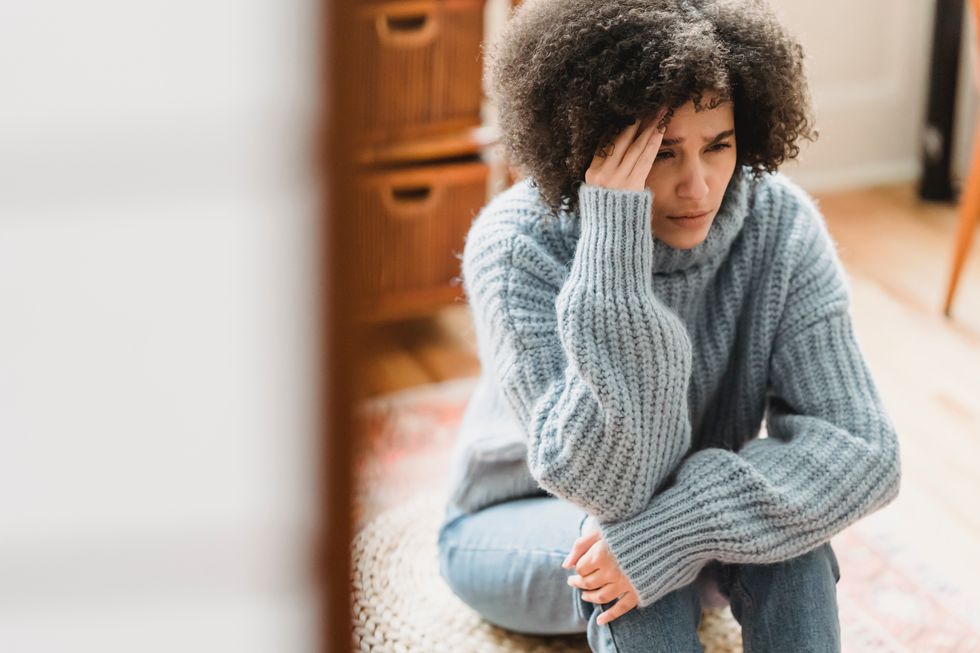New migraine treatment that eases pain fast will be available to thousands

A new treatment could relieve symptoms quickly
|PEXELS

A new treatment could be available for Britons suffering with migraines
Don't Miss
Most Read
Latest
The treatment has been approved for NHS and it could soon help thousands of people across the country.
The drug, rimegepant, dissolves under the tongue and acts quickly to relieve pain.
It is the first medication for acute migraines that has been approved by the National Institute of Health and Clinical Excellence (NICE).
Around 13,000 people in England and Wales would be able to access the drug.

Migraine can cause severe headaches
|PEXELS
To qualify for the treatment, made by Pfizer, adults need to have tried at least two over-the-counter medications for headaches or migraine attacks and have not noticed results.
Those who have tried and tested such triptans or nonsteroidal anti-inflammatory drugs and paracetamol and had no relief are eligible.
The new treatment comes as a wafer which is simply placed under the tongue to dissolve.
This helps to prevent the release of the protein calcitonin gene-related peptide, which is believed to bring on migraine pain.
Director of medicines evaluation at NICE Helen Knight said: "This is the first and only NICE-recommended medicine that can help alleviate the misery of acute migraines."
She added it "may be considered a step change in treatment".
Chief executive of The Migraine Trust Robert Music added: "Migraine is an incredibly misunderstood condition that can have a significant impact on all areas of life, including ability to work, maintain relationships and mental health."
He commented the approved treatment brings "new hope" to those suffering.
LATEST DEVELOPMENTS

The treatment will be available to around 13,000 Britons
|PEXELS
Around six million people in the UK suffer from migraines, according to NICE.
This usually brings on headaches, nausea, confusion and fatigue, among other symptoms.
The main treatments currently are painkillers, triptans and medications that stop you feeling sick, according to NHS.
Getting a good night's sleep can also help reduce the link of "painful" migraines.
Migraines can be mistaken for something more serious, as what happened with one woman who went to bed with a "severe migraine" only to wake up paralysed.










